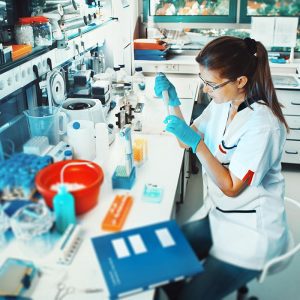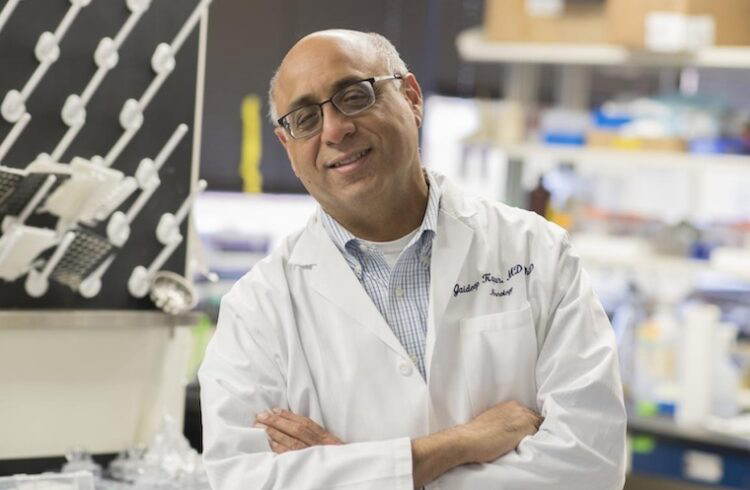 Two people with epilepsy who received a newly developed stem-cell therapy have seen a more than 90% reduction in seizure frequency.
Two people with epilepsy who received a newly developed stem-cell therapy have seen a more than 90% reduction in seizure frequency.
The therapy is designed for people with drug-resistant mesial temporal lobe epilepsy.
The first patient is now one-year post treatment, and the second patient is seven-months post-treatment. Both reported an improvement in memory and no serious adverse events.
The stem cell treatment is called NRTX-1001, which is a regenerative neural cell therapy derived from human stem cells.
Neurona chief medical officer David Blum said: “Patient one has reached the one-year post-treatment endpoint and achieved a >95% overall monthly seizure reduction, including elimination of all seizure events since the seventh month post-administration of NRTX-1001.”
He added: “We continue to enrol patients in the first cohort of the study and look forward to providing additional updates later this year.”
Both patients entered the study with a history of significant monthly seizures that were not controlled by anti-seizure medications. The second patient had a nine-year history of seizures and averaged 14 seizures per month in the six months prior to treatment.
Epilepsy Action Health Improvement and Research Manager Tom Shillito said it was an area of research that may have a significant impact on epilepsy treatment in the coming years.
The study is ongoing with patient recruitment underway at epilepsy centres across the US.
Neurona chief executive officer Cory R Nicholas said: “Although our clinical investigation is ongoing in additional patients, it is gratifying to witness the first two patients achieving seizure relief without additional cognitive impairment to date.
“We are hopeful that these improvements will continue in the ongoing trial and possibly provide others living with drug-resistant focal seizures with a non-destructive cell therapy option in the future that does not risk cognitive decline.”
The research was presented at the Annual Meeting of the International Society for Stem Cell Research (ISSCR) in Boston.
Shillito said: “There is potential that these therapies may not only reduce seizure frequency but also have a positive impact on memory and possibly fewer side-effects for some patients than other available treatments. This is an area of research that may have a significant impact on epilepsy treatment in the coming years and we look forward to seeing how it develops.”
For more information about epilepsy research, go to: Research and care quality improvement – Epilepsy Action
More articles




